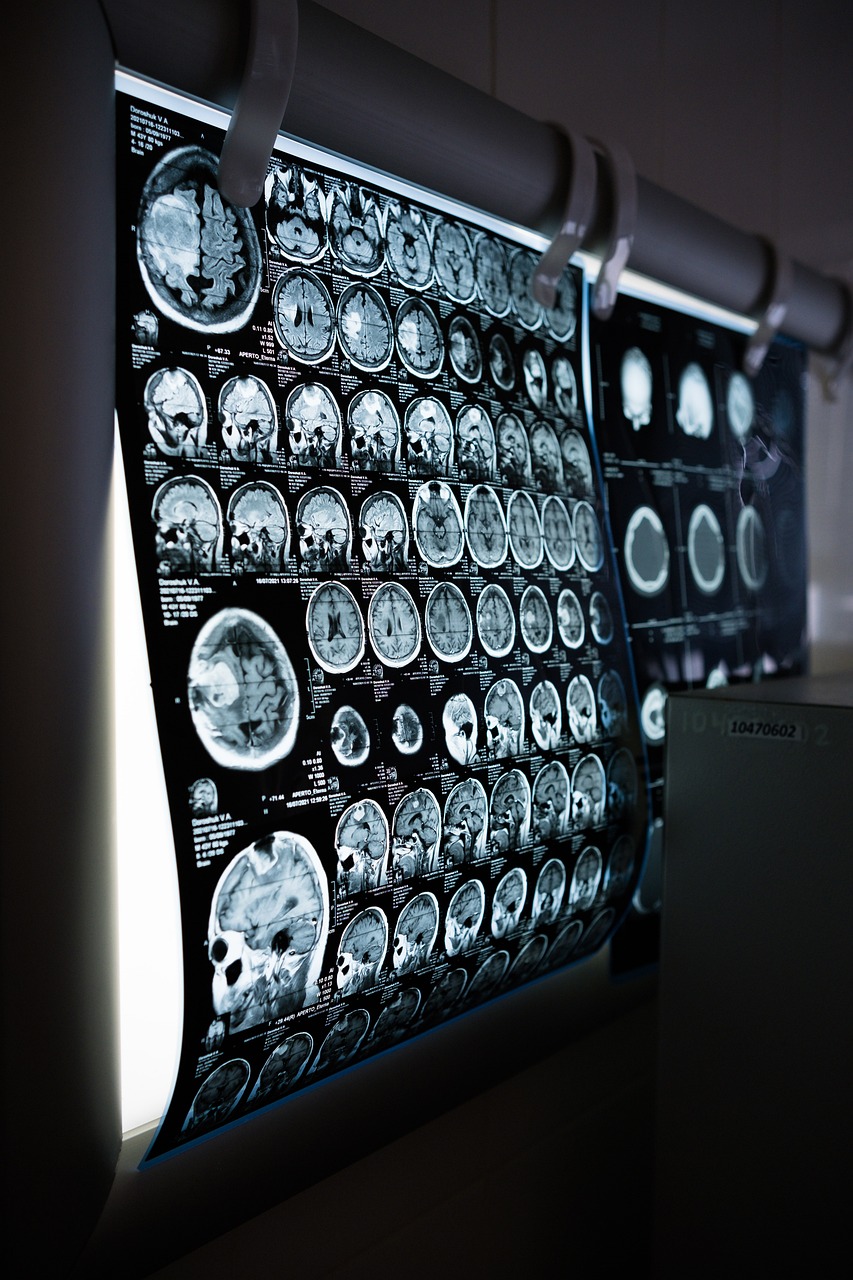Blogs
Recent Blogs

Brain Fog
Brain Fog is a common concern in women going through the menopause transition, with about 40-60% of women reporting some cognitive symptoms during the menopause transition. These changes often include difficulty remembering words, problems focusing or concentrating and distractibility. (SQUIRREL!) Some women show signs of attention deficit hyperactivity disorder. These changes can be distressing because

When Your Symptoms Aren’t Just Perimenopause–My Story
Today’s post is a cautionary tale about perimenopause/menopause, and it’s my personal story. Everywhere you look these days, multiple symptoms are being attributed to perimenopause and menopause. There are a lot of common symptoms associated with the transition to menopause, and very little research that’s been done to date about this time in a woman’s

Testosterone Therapy Revisited
Part 1: Testosterone Therapy Does Not Just Mean Pellets! For those of you that have spent anytime with me on my blog, FB page, Tik Tok, you’ve likely heard me rail against, I mean, mention my dislike of testosterone supplement pellets. Seeing patients get sold testosterone pellets without proper discussion of all menopausal treatments

Systemic Estrogen Therapy 101
Systemic estrogen refers to estrogen that will get into a woman’s blood stream and affect her entire body, so it can treat hot flashes, night sweats, prevent osteoporosis, and treat premature menopause (menopause before age 40). Menopausal hormones are FDA-approved to treat moderate to severe vasomotor symptoms (hot flashes and night sweats) and are recommended

Spotlight on Vulvar Lichen Sclerosus
In my last blog post, I discussed Genitourinary Syndrome of Menopause (GSM) which can cause vulvar and vaginal itching, dryness, and pain plus urinary issues. It’s important to know that other conditions around menopause besides GSM can cause vulvar itching, including vulvar Lichen Sclerosus (LS) which is a skin condition that was shown in a

Genitourinary Syndrome of Menopause: What’s up down there?
Menopausal symptoms like hot flashes and night sweats get a lot of press, but what about the less discussed symptoms like changes to the genital and urinary tracts? Genitourinary Syndrome of Menopause (GSM) refers to the changes that may occur to the vulva, vaginal, urethra and bladder. Symptoms can include vulvovaginal dryness, burning, itching,

Little Pink Pill
It’s widely known that men have a little blue pill called Viagra® for erectile dysfunction, but did you know that women have a little pink pill called Addyi® (flibanserin) for Hypoactive Sexual Desire Disorder? It’s been around since 2015, but still few women know about it. Decreased libido or sex drive is a common concern

Why Am I So Freaking Tired?!
Fatigue is a common concern around perimenopause and midlife for women. I recently spoke with group of perimenopausal women, and this was one of the first questions I got! During perimenopause, our estrogen and progesterone levels start to decline. Our estrogen level rises and falls in an erratic fashion and can vary by menstrual cycle.

Menstrual Problems in Perimenopause
What should I expect from my menstrual cycle during perimenopause? Hormones fluctuate during perimenopause, or the 5-8 years before you stop having menstrual cycles, so each menstrual cycle can be different. If you count from the first day of bleeding during one period to the next first day of bleeding, a “normal” cycle is 21-35

What To Know About Compounded Hormones
Many women have been frustrated by the lack of treatment for their perimenopausal and menopausal symptoms offered by their medical providers. They turned to the supplement and compounding pharmacy industry due to fears about risks of prescription hormones, beliefs that compounded hormones are safer, and because they were desperate for any help they could get
Other Posts
Menopause and Sleep
3 Perimenopausal Concerns
Am I in perimenopause?
What Can I Do About Vaginal Dryness?
New Year, Happy You!
Myths of Menopause
Vulvar Itching Isn’t Always a Yeast Infection
Help! I’ve lost my sex drive!
Oh, My Aging Bones!
How Often Do I Need A Pap Smear?
What’s Up With Testoterone Pellets?
Menopausal Bleeding is Never Normal!!
Sexual Health at Perimenopause & Menopause
Oops, I Peed!
Should I Take Hormones?
What To Know About Compounded Hormones
Menstrual Problems in Perimenopause
Why Am I So Freaking Tired?!
Little Pink Pill
Genitourinary Syndrome of Menopause: What’s up down there?
Spotlight on Vulvar Lichen Sclerosus
Systemic Estrogen Therapy 101
Testosterone Therapy Revisited
When Your Symptoms Aren’t Just Perimenopause–My Story
Brain Fog
Subscribe To
Our Newsletter
Stay up to date with the latest from Healthier Menopause.
